Communicating Astronomy with the Public 2018: Fukuoka hosts the largest gathering of Astronomy communicators ever
| Events
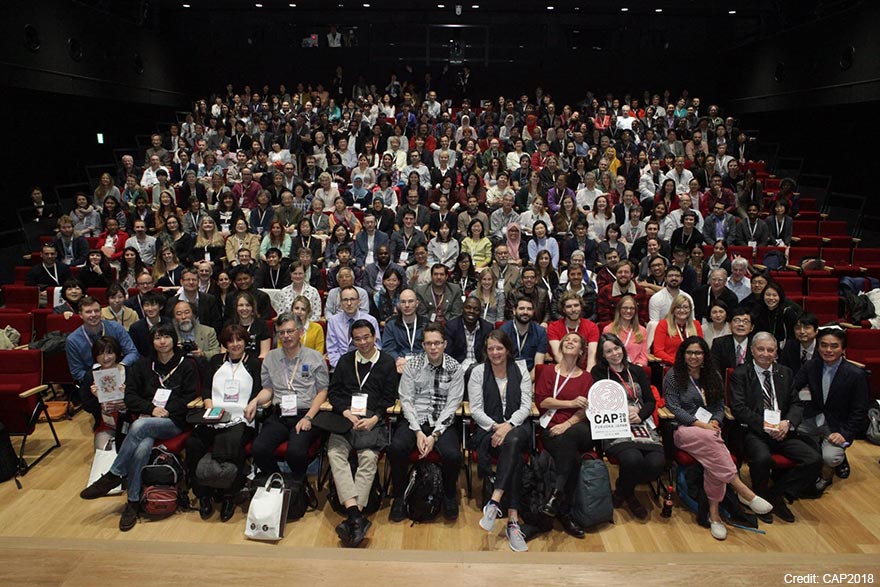
On Wednesday, March 28, 2018, the eighth Communicating Astronomy with the Public Conference (CAP) finished as a great success at the Fukuoka City Science Museum, in Fukuoka. This edition was the largest CAP Conference ever, with 446 participants from 53 different countries. Here we will present an overview of the organization and program for this conference -- the first CAP Conference ever hosted in Japan.
From Saturday, March 24 to Wednesday, March 28, the conference hosted 5 plenary sessions with 24 plenary talks, including 5 invited speakers; 22 parallel sessions, including a planetarium session; 24 workshop sessions; and 20 unique workshops, four unconference slots, 111 posters; and a special session dedicated to the 100 Year Anniversary of the IAU.
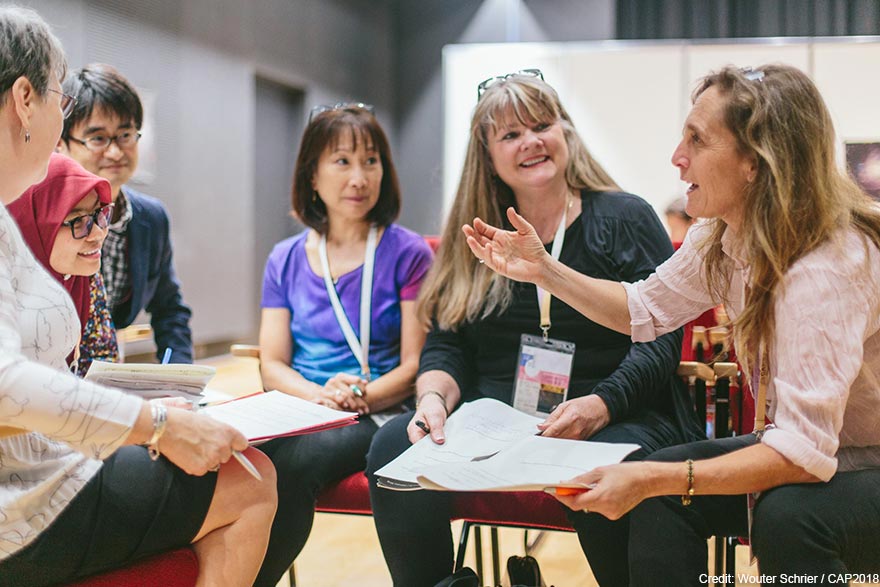
The CAP Conference series are organised by the International Astronomical Union (IAU), through Commission 2 - Communicating Astronomy with the Public. The IAU has more than 10,000 active members in 79 countries and regions worldwide; its mission is to promote and safeguard the science of Astronomy in all its aspects through international cooperation. Since 2005, CAP meetings have facilitated the exchange of ideas and best practices in informal education and Astronomy and Space communication. The Conference helps strengthen the local community of professionals by connecting them to the global network of Astronomy communicators and giving them access to the latest trends, lessons learnt, and ongoing projects. The local organisation of the 2018 edition was led by the National Astronomical Observatory of Japan (NAOJ) and Fukuoka City, supported by a very strong team of national and local astronomy communicators, city officials, and other partners.
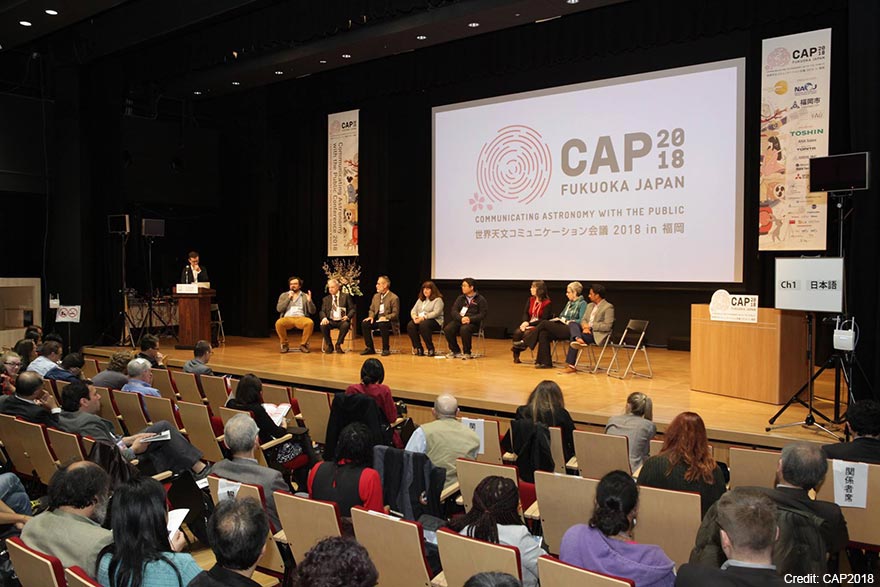
The CAP2018 main theme was “Communicating Astronomy in Today’s World: Purpose & Methods,” compelling the participants to reflect on the many challenges communicators face in the post-truth era we live in and on the role of astronomy communication in this context, while looking for recommendations from communicators all around the globe, as they come together to share their lessons learnt and insights.
Under the umbrella of the "Communicating Astronomy in Today’s World: Purpose & Methods" theme, different topics were covered including a myriad of key aspects of communicating science in the present and ever changing societies. Ranging from the Current Challenges in Astronomy Communication; Best Practices in Public Outreach; Inclusion, Diversity, Equity, and Empathy in Communicating Astronomy; Astronomy Communication for a Better World; Engagement with Astronomy; to the Media’s Role in Astronomy Communication: Using Multimedia, Social Media, Immersive Environments, and other Technologies for Public Outreach.
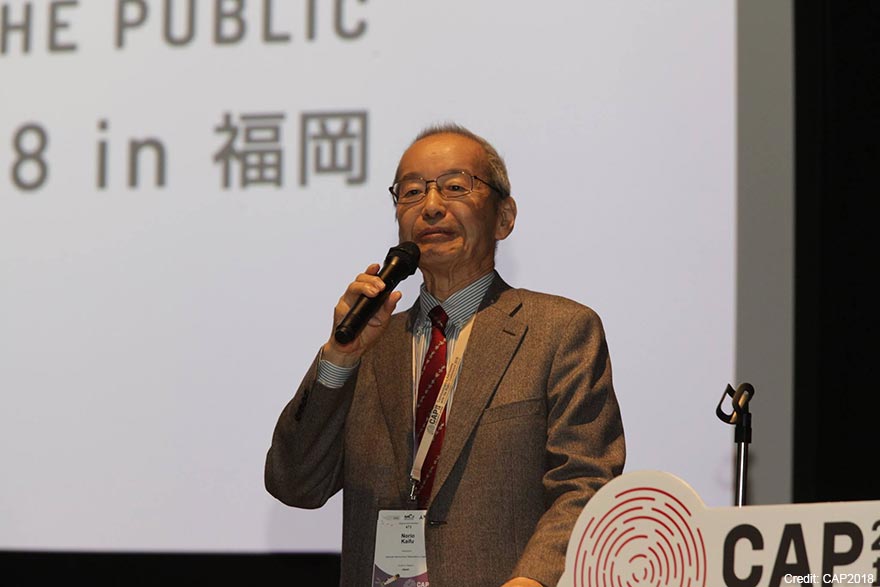
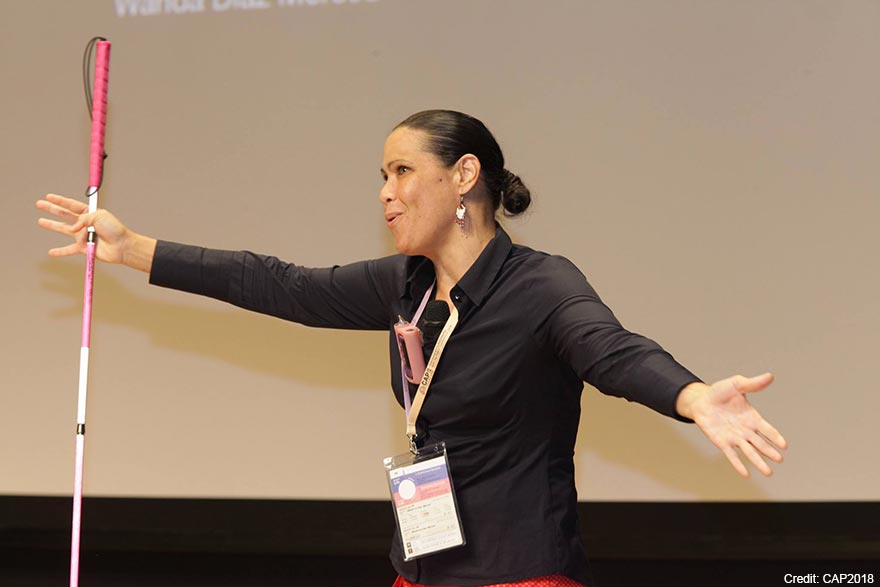
The participants were also able to enjoy the brand-new Fukuoka City Science Museum facilities. This museum chosen to host the conference opened in October 2017 and aims to bring science to all of Fukuoka’s citizens and visitors. It aims to make science accessible to the public and to provide an environment where children can express their creativity through fun and engaging science experiences.
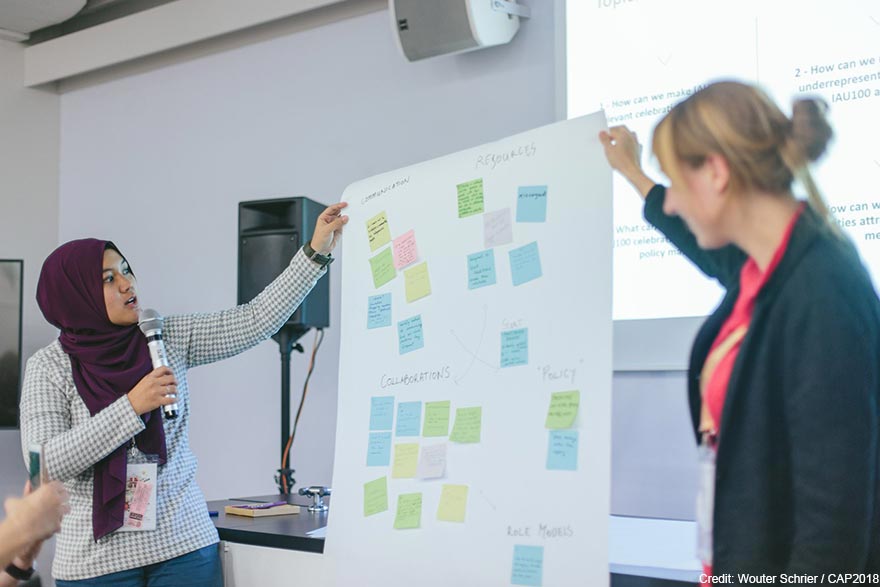
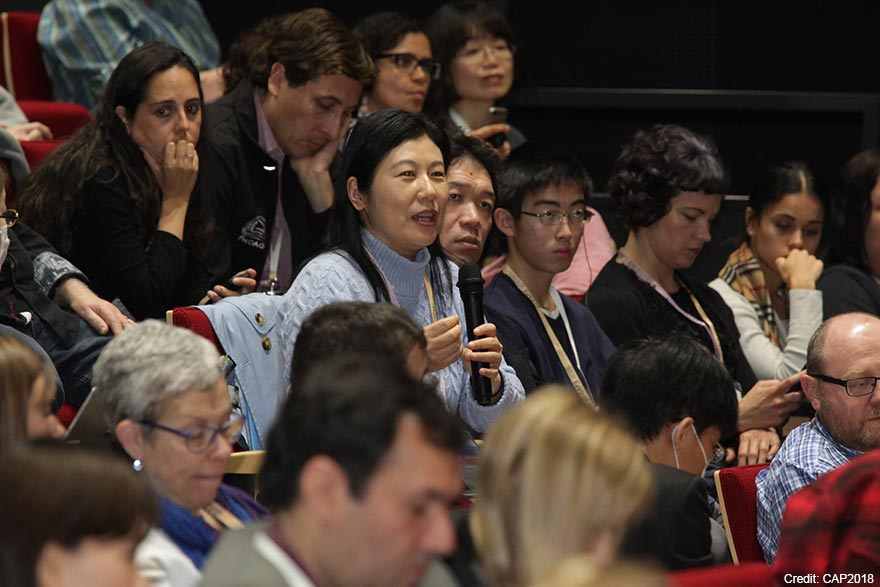
The 2018 National and Local Organizing Committees wanted the CAP2018 Conference to provide a unique opportunity to promote the development and professionalization of science communication in the Asia-Pacific region. Joint efforts between NAOJ and Japanese crowdfunding campaigns supported attendance by participants from Asia-Pacific countries.
Twelve grants were awarded for participants from eight countries and regions: Indonesia, India, Bangladesh, Philippines, Nepal, Malaysia, Taiwan, and Singapore. NAOJ and crowdfunding donors sought to reward the next generation of science communicators and provide them with an opportunity for training during the CAP2018 Conference. Winners were chosen based on their potential to make a difference in science communication in the region and to impact the future of Astronomy dissemination and informal outreach in their local communities.
Japan was selected to host this edition of CAP with the goals of reaching the Asia-Pacific region and promoting an exchange between professionals with different backgrounds, strengthening collaboration, and increasing diversity within the community. The numbers demonstrate its success, with 89 participants from the Asia-Pacific region and 198 participants from Japan; and a gender balance of 47% male and 33% female (20% NA).
As Hidehiko Agata, Chair of the LOC put it in his opening speech, “With CAP2018 Japan we hope we can provide you with the tools and inspiration as to when upon your return to each of your communities you can actively work towards building a better society through science communication. May CAP2018 lay the road ahead and let us walk together!”
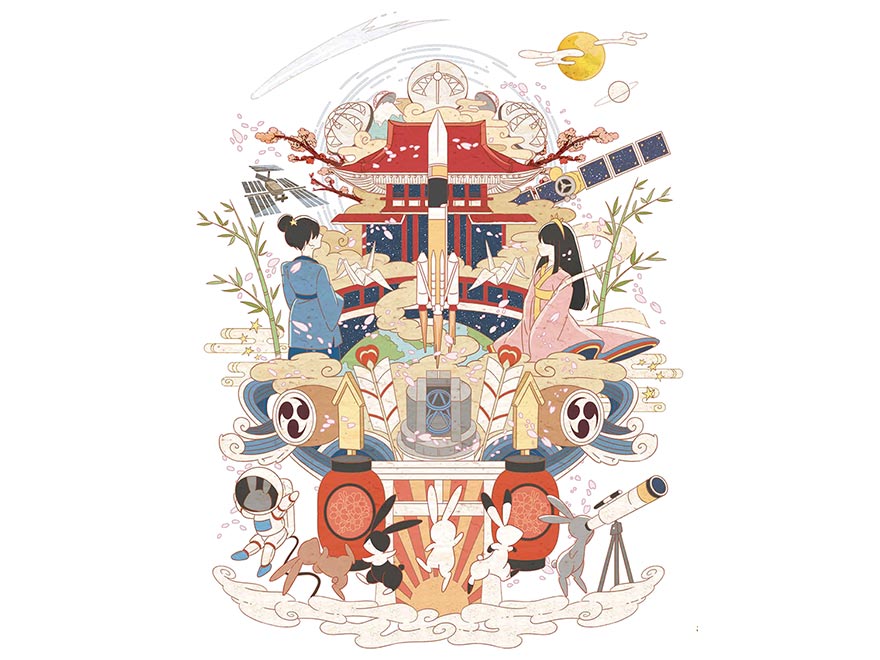
CAP2018 also represented a chance to know more about the cultural multiplicity Japan has to offer - the beautiful surroundings of the conference, the vibrant city of Fukuoka and the island of Kyushu. The organisation believed that immersing CAP participants in Japanese culture would create a closeness that would reflect in future collaborations and strengthen the bonds with Asia and between the participants themselves.
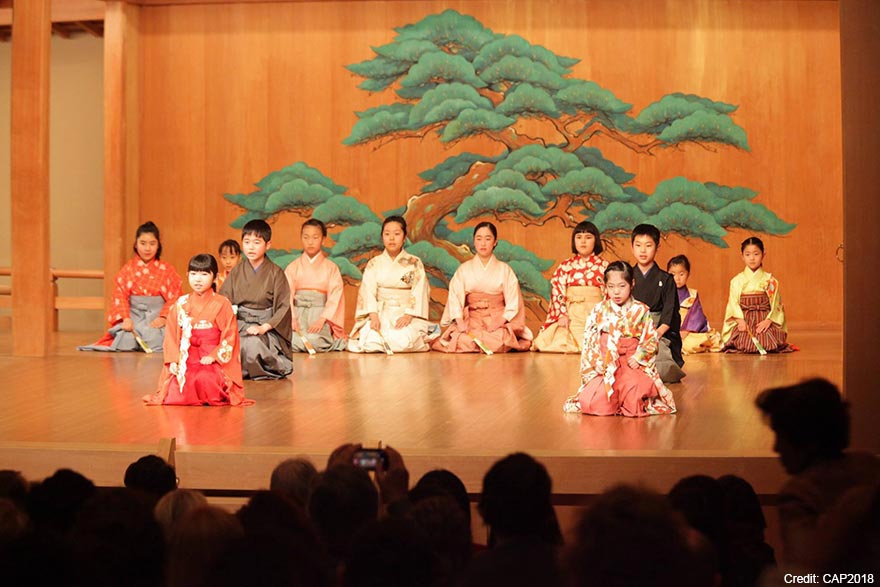
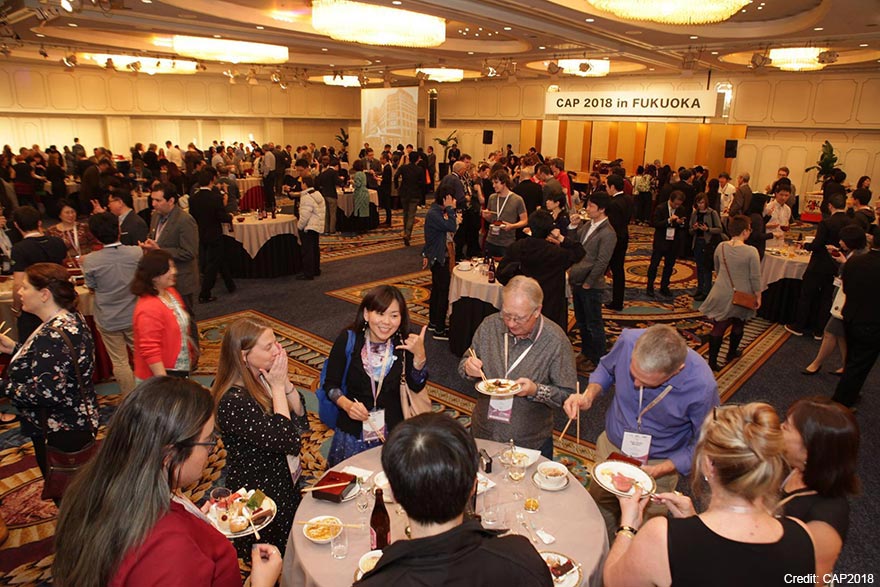
The conference also had a strong presence on social media (particularly on Facebook and Twitter), with #CAP2018 trending in Fukuoka, the Netherlands, and United Kingdom. Regular posts kept the international community informed about the sessions taking place and the topics being discussed throughout the conference.